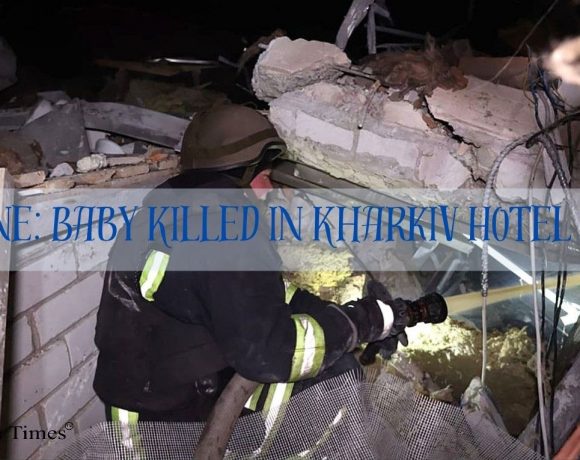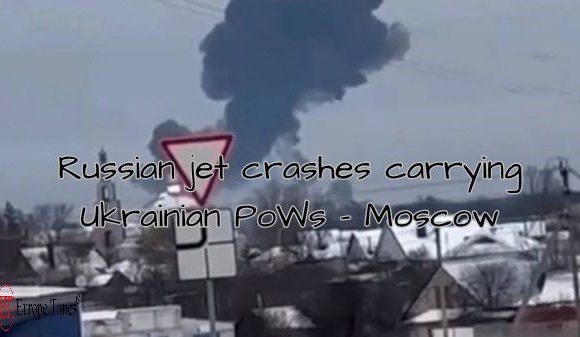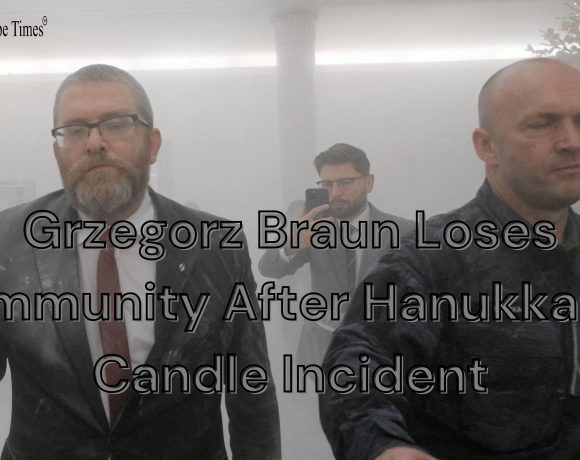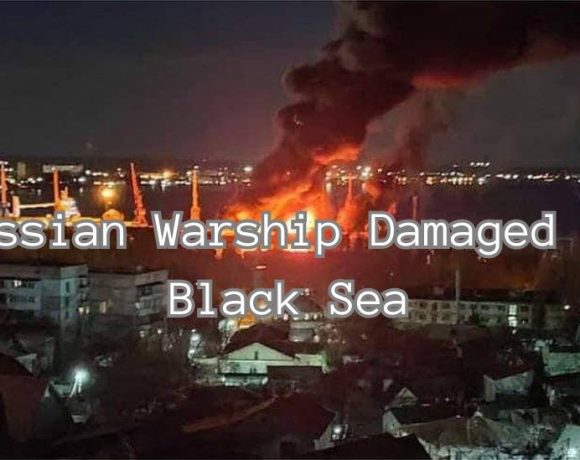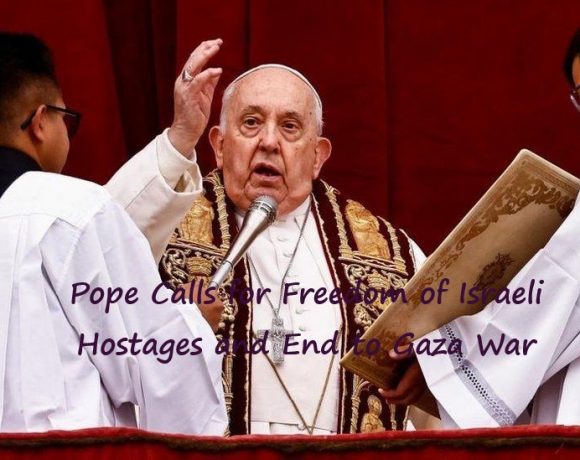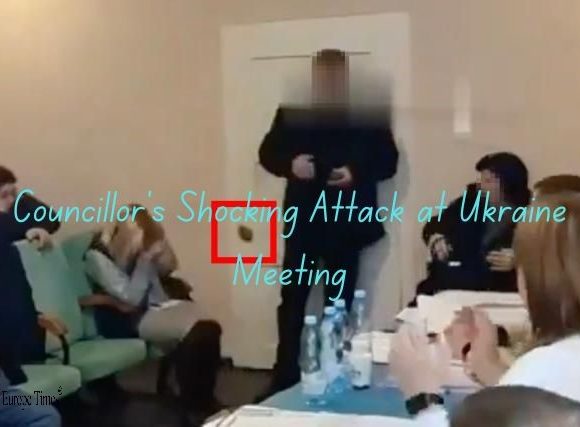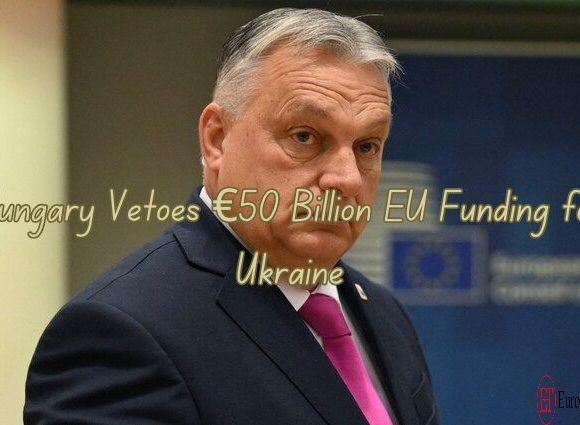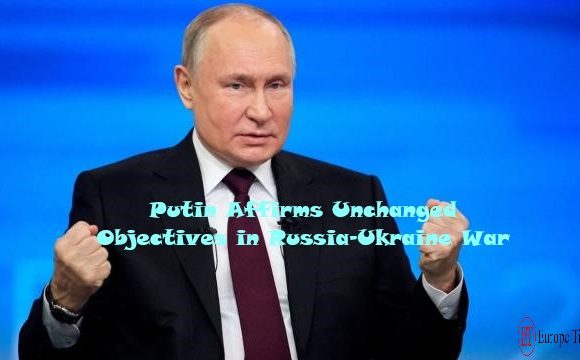
Former Fox News host Tucker Carlson has announced plans to conduct a one-on-one interview with Russian President Vladimir Putin in Moscow. Carlson stated that he aims to provide Americans with a deeper understanding of the conflict in Ukraine, which he believes mainstream media coverage has failed to deliver. He emphasized his personal funding of the trip, highlighting his commitment to independent journalism.
This interview would mark President Putin’s first engagement with a Western journalist since the invasion of Ukraine in February 2022. Carlson’s decision to pursue this interview underscores the significance of the conflict and the need for diverse perspectives in understanding its complexities. It also reflects a departure from traditional media channels, as Carlson intends to broadcast the interview live and unedited on his social media platform, X.
Critics have raised concerns about the potential risks and ethical implications of such an interview, given Putin’s track record and the ongoing humanitarian crisis in Ukraine. However, Carlson remains steadfast in his belief that Americans deserve access to unfiltered information about the conflict. The interview is expected to spark significant interest and debate, shaping public discourse on both sides of the Atlantic.
Picture Courtesy: Google/images are subject to copyright

